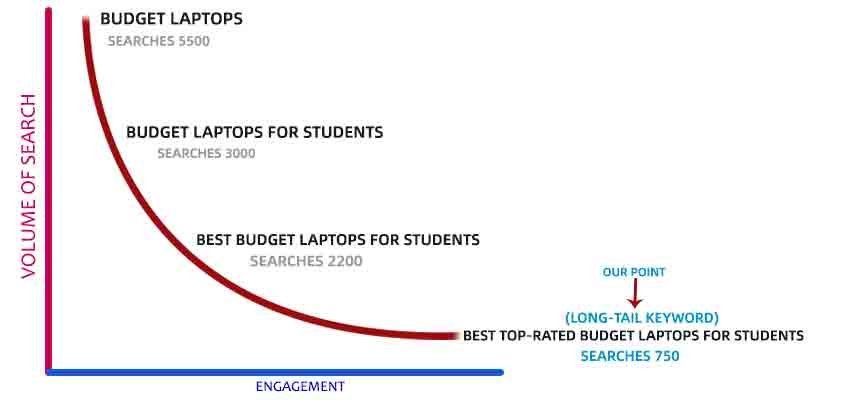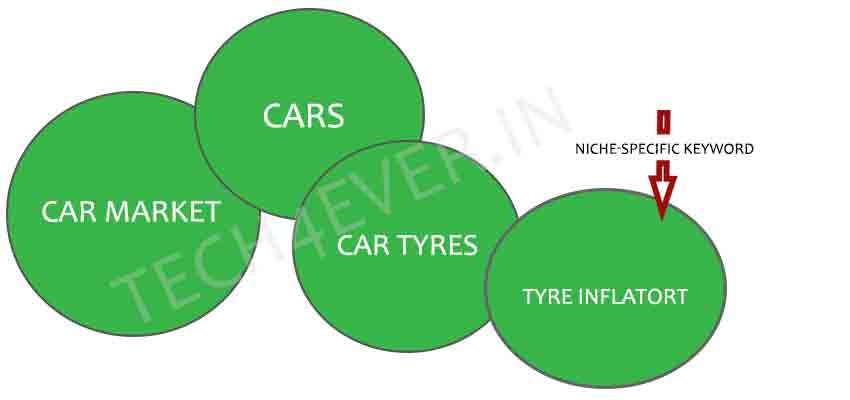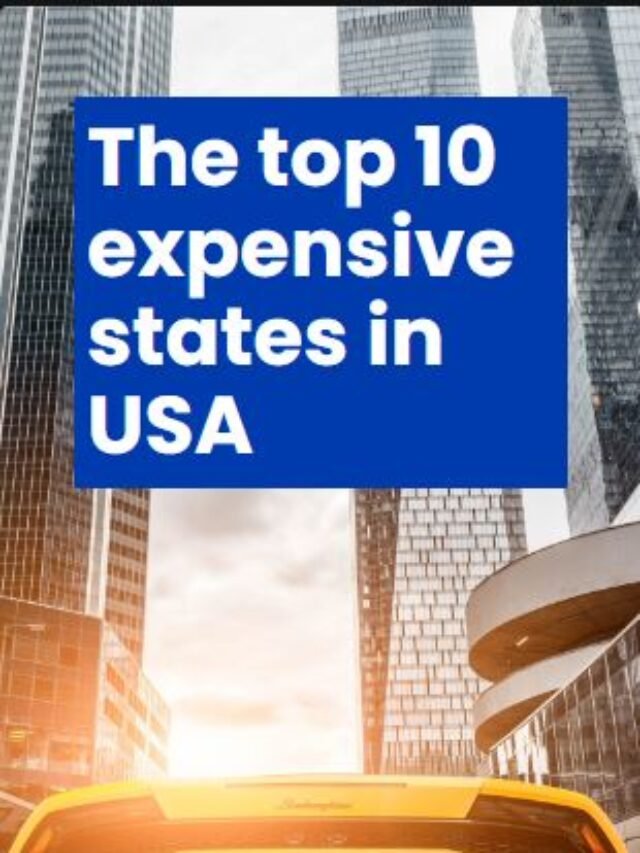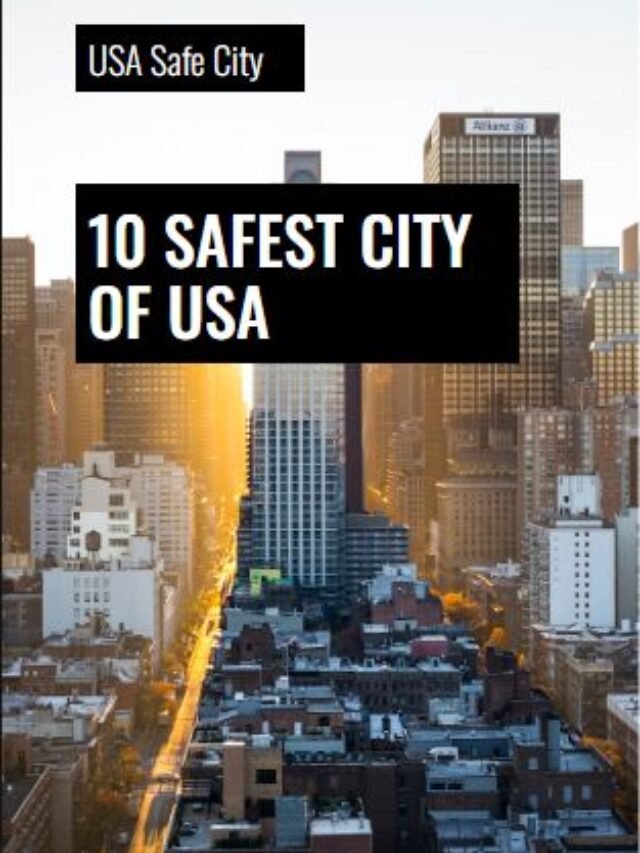Best Money-Making Keywords for a Low-Ranking Website: A Comprehensive Guide
One of the biggest challenges that website owners face is generating traffic and making money from their sites. For those who are just starting, building a website from scratch and gaining traction can be quite overwhelming. However, one of the ways to achieve this is by optimizing your website with the best money-making keywords.
Keywords are phrases or words that people type into search engines to find information. If you can target the right keywords, you can attract more visitors to your site and generate more revenue. In this article, we will look at some of the best money-making keywords for low-ranking websites.
-
Long-Tail Keywords
Long-tail keywords are keywords or phrases that are longer and more specific than general keywords. They typically have a lower search volume but are more targeted, making them ideal for attracting highly relevant traffic to your site. Long-tail keywords are often used by searchers who are further along in the buying cycle and are more likely to convert into customers.
To find long-tail keywords, you can use keyword research tools such as Google Keyword Planner, Ahrefs, SEMrush, or Moz. These tools allow you to search for keywords and phrases that are relevant to your niche or industry and analyze their competition levels, search volume, and other relevant metrics.
When targeting long-tail keywords, it’s important to ensure that the keyword is relevant to your content and audience. You should also ensure that the keyword is included in your meta descriptions, title tags, and headers. Additionally, try to create high-quality, informative content that is focused on the long-tail keyword.
Examples of long-tail keywords include:
- “Best vegan restaurants in Los Angeles”
- “How to train for a half marathon as a beginner”
- “Affordable winter boots for women”
- “Top-rated budget laptops for students”
- “Natural remedies for migraines and headaches”

In addition to targeting long-tail keywords in your content, you can also use them in your paid search campaigns. Long-tail keywords typically have lower competition and lower cost-per-click than more general keywords, making them a cost-effective way to attract highly targeted traffic to your site.
In conclusion, targeting long-tail keywords is a great strategy for attracting highly relevant traffic to your site. By using keyword research tools and creating high-quality content focused on long-tail keywords, you can increase your chances of ranking higher in search results and attracting visitors who are further along in the buying cycle. Remember to ensure that the keyword is relevant to your content and audience, and include it in your meta descriptions, title tags, and headers.
-
Local Keywords
Local keywords are keywords that are specific to a particular geographic location. These keywords are great for attracting visitors who are looking for products or services in a specific local area. By targeting local keywords, you can increase your chances of ranking higher in local search results and attracting highly relevant traffic to your site.
To find local keywords, you can use keyword research tools such as Google Keyword Planner, Ahrefs, SEMrush, or Moz. These tools allow you to search for keywords that are relevant to your local area and analyze their competition levels, search volume, and other relevant metrics.
When targeting local keywords, it’s important to ensure that the keyword is relevant to your content and audience. You should also ensure that the keyword is included in your meta descriptions, title tags, and headers. Additionally, try to create high-quality, informative content that is focused on the local keyword.
Examples of local keywords include:
- “Pizza delivery near me”
- “Best dentist in [city/town]”
- “Plumbing services in [city/town]”
- “Carpet cleaning [city/town]”
- “Real estate agent [city/town]”

In addition to using local keywords in your content, it’s also important to optimize your Google My Business listing. This includes ensuring that your business name, address, and phone number are accurate and consistent across all online directories. You should also include high-quality images of your business and encourage customers to leave reviews on your Google My Business listing.
In conclusion, targeting local keywords is a great strategy for attracting highly relevant traffic to your site. By using keyword research tools and creating high-quality content focused on local keywords, you can increase your chances of ranking higher in local search results and attracting visitors who are looking for products or services in your local area. Remember to optimize your Google My Business listing and encourage customers to leave reviews to improve your local search rankings.
-
Niche-Specific Keywords
Niche-specific keywords are keywords that are specific to a particular niche or industry. These keywords are often more specific and targeted than more general keywords, and they are great for attracting highly relevant traffic to your site. By targeting niche-specific keywords, you can improve your chances of ranking higher in search results and attracting visitors who are interested in your particular niche or industry.
To find niche-specific keywords, you can use keyword research tools such as Google Keyword Planner, Ahrefs, SEMrush, or Moz. These tools allow you to search for keywords that are relevant to your niche or industry and analyze their competition levels, search volume, and other relevant metrics.
When targeting niche-specific keywords, it’s important to ensure that the keyword is relevant to your content and audience. You should also ensure that the keyword is included in your meta descriptions, title tags, and headers. Additionally, try to create high-quality, informative content that is focused on the niche-specific keyword.
Examples of niche-specific keywords include:
- “Keto diet meal plan”
- “Social media marketing tips for small businesses”
- “Organic gardening techniques”
- “Vintage clothing stores online”
- “Beginner guitar lessons for kids”

In conclusion, targeting niche-specific keywords is a great strategy for attracting highly relevant traffic to your site. By using keyword research tools and creating high-quality content focused on niche-specific keywords, you can increase your chances of ranking higher in search results and attracting visitors who are interested in your particular niche or industry. Remember to ensure that the keyword is relevant to your content and audience, and include it in your meta descriptions, title tags, and headers.
-
Low Competition Keywords
Low-competition keywords are keywords that have relatively low competition in search engine results pages (SERPs). These keywords are often less popular, less frequently searched for, and less competitive than more general, high-volume keywords. Targeting low-competition keywords is a great strategy for low-ranking websites, as it allows them to rank higher in search results and attract more targeted traffic to their site.
To find low-competition keywords, you can use keyword research tools such as Google Keyword Planner, Ahrefs, SEMrush, or Moz. These tools allow you to search for keywords and analyze their competition levels, search volume, and other relevant metrics.
When targeting low-competition keywords, it’s important to ensure that the keyword is relevant to your content and audience. You should also ensure that the keyword is included in your meta descriptions, title tags, and headers. Additionally, try to create high-quality, informative content that is focused on the low-competition keyword.
Examples of low-competition keywords include:
- Long-tail keywords: These are specific and targeted keywords that contain three or more words. For example, “Best weight loss tips for busy moms” or “Easy vegetarian dinner recipes for beginners.”
- Niche-specific keywords: These are keywords that are specific to a particular niche or industry. For example, “organic gardening tips” or “best running shoes for flat feet.”
- Geo-targeted keywords: These are keywords that are specific to a particular location or region. For example, “best coffee shops in San Francisco” or “affordable apartments in Brooklyn.”
- Low search volume keywords: These are keywords that are searched for less frequently than other keywords. While they may not generate as much traffic as high-volume keywords, they often have less competition and can be easier to rank for.
In conclusion, targeting low-competition keywords is a great strategy for low-ranking websites to attract more targeted traffic and improve their search engine rankings. By using keyword research tools and creating high-quality content focused on low-competition keywords, you can increase your chances of ranking higher in search results and attracting more visitors to your site. Remember to ensure that the keyword is relevant to your content and audience, and include it in your meta descriptions, title tags, and headers.
-
Buyer Keywords
Buyer keywords are keywords that indicate that a searcher is ready to make a purchase. These keywords have high commercial intent, and they are great for generating revenue from your website. When someone uses a buyer keyword in their search, they are often looking for a specific product or service to buy. By targeting these keywords, you can attract visitors to your site who are more likely to make a purchase.
Examples of buyer keywords include:
- Buy [product/service]
- Best [product/service] to buy
- Cheap [product/service] for sale
- [product/service] deals
- [product/service] discounts
- [product/service] coupon codes

To optimize your website for buyer keywords, you need to ensure that you have a product or service to sell. Additionally, you should create product pages or a shopping cart on your site to facilitate the purchase process. You should also create high-quality content that helps visitors make informed purchase decisions, such as product reviews, comparisons, and buyer guides.
When targeting buyer keywords, it’s important to ensure that your website is optimized for conversions. This means that you need to have clear calls-to-action, easy-to-use navigation, and a streamlined checkout process. Additionally, you should have a secure payment gateway and provide excellent customer service to ensure that your visitors have a positive experience on your site.
In conclusion, targeting buyer keywords is an effective way to generate revenue from your website. By optimizing your site for these keywords, you can attract visitors who are ready to make a purchase and increase your chances of converting them into customers. Remember to create high-quality content, optimize your site for conversions, and provide excellent customer service to maximize the revenue potential of your site.
In conclusion, finding the best money-making keywords for a low-ranking website
is essential for increasing traffic and revenue. By targeting buyer keywords, low-competition keywords, niche-specific keywords, local keywords, and long-tail keywords, website owners can attract highly relevant traffic to their site and increase their chances of ranking higher in search results. Keyword research tools such as Google Keyword Planner, Ahrefs, SEMrush, or Moz can be used to identify these keywords and analyze their competition levels, search volume, and other relevant metrics. It’s important to ensure that the selected keywords are relevant to the content and audience and are incorporated in meta descriptions, title tags, and headers. Creating high-quality content focused on these keywords can improve the user experience and increase engagement with the site. Overall, by targeting the best money-making keywords, website owners can optimize their content and attract highly relevant traffic, which can lead to increased revenue and success for their website.
Read Also: How to Make an Android App for a Startup
Read Also: Top New & Trending Technologies for Business: What You Need to Know









